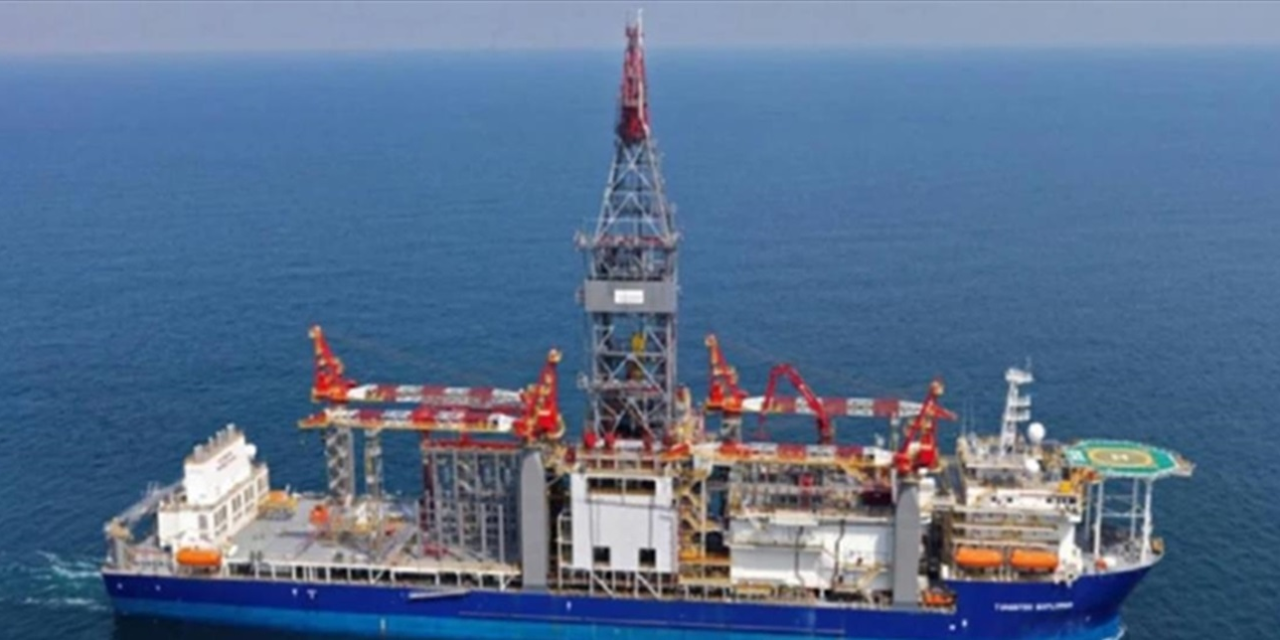For years, Lebanon’s Oil and Gas file has swung between high expectations and repeated disappointments. After Total Energy announced that no commercial quantities were found in offshore Block 9, the debate resurfaced with Energy Minister Walid Fayad’s visit to France and his meeting with the company. The President of the Republic was informed of the developments, yet the public was left in the dark—fueling questions about transparency in one of the nation’s most strategic files, especially since Oil and Gas represent a potential wealth for all Lebanese.
In an exclusive interview with Lebanon 24, Oil expert Farid Zeinoun warned that the Lebanese state is severely neglecting this file, despite holding rights over ten oil blocks. He explained that drilling in Block 9 stopped at 3,900 meters, even though it was supposed to extend in three phases to a depth of 4,200 meters. He asked: “How can we move toward licensing Blocks 8 and 10 without a clear assessment of the previous ones?”
Zeinoun highlighted that Block 9 lies barely five kilometers from Israel’s Karish field, where extraction has already begun. He questioned why Lebanon is dragging its feet: “We know Oil and Gas exist in Lebanese waters. International giants like Total Energy, Eni, Novatek, and later Qatar Energy would not have invested hundreds of millions if they weren’t convinced. Seismic surveys already confirmed reserves. Without that certainty, no company would have entered Lebanon.”
He further stressed that Lebanon’s Gas is classified among the cleanest globally, making it a strategic source of future clean energy. Yet it remains paralyzed by political disputes. “This is all about politics,” Zeinoun said. “It is impossible that all these blocks are empty. The report submitted by Total Energy remains ambiguous and has not been made clear to the public.”
Zeinoun concluded by urging the involvement of additional American and international companies to inject momentum into the sector: “We cannot leave this national wealth hostage to internal and external political maneuvers.”
For now, Lebanon’s Oil and Gas file remains mired in ambiguity—caught between scientific evidence pointing to untapped resources and a political class incapable of unlocking them—while the Lebanese people continue to wait for even a glimmer of hope that could place their country on the global energy map.
Source: Lebanon24.com – Nayla Azar







